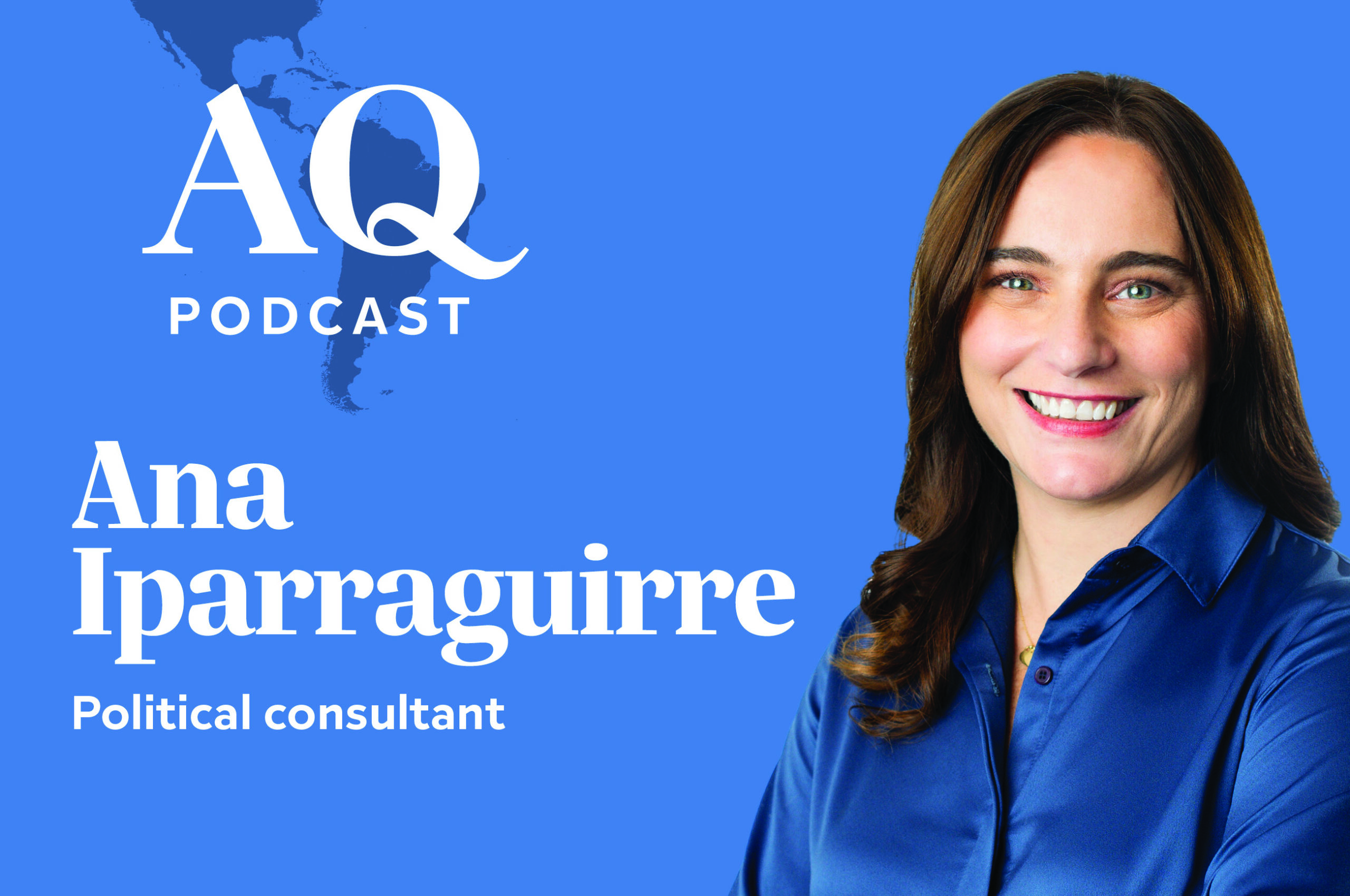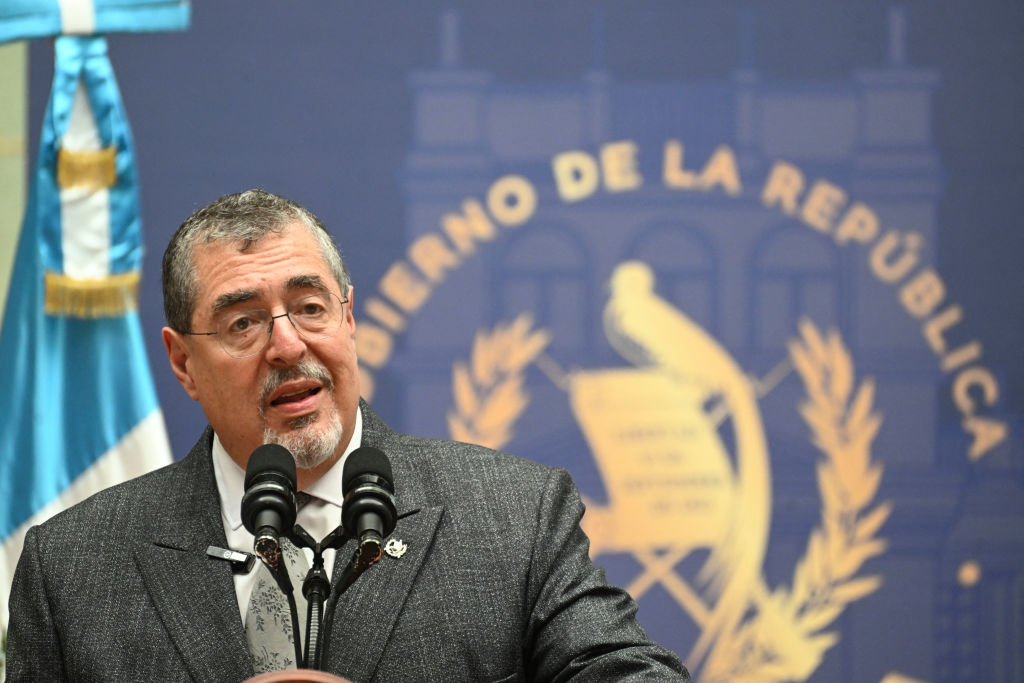Haiti Sacks Prime Minister in Government Shake-Up
Haiti Sacks Prime Minister in Government Shake-Up
The country's Senate voted out Prime Minister Michele Pierre-Louis on October 30. The news was met with relative calm in Haiti and President René Préval quickly named a replacement, but some worry the prime minister's dismissal could raise concerns of instability at a time of optimism about the country's fate.
Last week, while Honduran leaders reached a deal to end a crisis brought on by the ousting of the president, another leader in the Americas found herself out of a job. In the early morning on October 30, senators in Haiti’s Congress elected to remove Prime Minister Michele Pierre-Louis from office, thereby dissolving the cabinet. Eighteen out of the country’s 29 senators voted for the prime minister’s dismissal following 10 hours of bitter debate and after several senators who supported her stormed out. President René Préval quickly appointed Planning Minister Max Bellerive as a replacement and the shake-up was met with relative calm in the streets of Port-of-Prince. But the ousting of Pierre-Louis, whose term marked a period of stability, could spark worry among investors and donors about ongoing instability.
The Senate summoned Pierre-Louis to address complaints about a failure to alleviate poverty and questions about hurricane relief spending. She chose not to attend as she felt her political fate was a foregone conclusion. In a letter, she wrote: “At a time when efforts are under way for Haiti to join the international community—and has possibilities of investment, national and international, to better the lives of the Haitian population—my government decides not to participate in this hearing.” Pierre-Louis, Haiti’s fourth prime minister in five years, took office in September 2008 after a summer of fierce hurricanes that left 800 people dead and one million people homeless in the Western Hemisphere’s poorest country. Before that, nationwide protests over skyrocketing food prices led to the ousting of her predecessor Jacques-Édouard Alexis.
Indeed, some postulated that Pierre-Louis was a victim of Haiti’s weak government. During Thursday’s debate, Senator Andriche said she “was being made a scapegoat for 200 hundred years of bad governance.” With members of the president’s Lespwa Movement party making up the bulk of her critics, her dismissal appears linked to a power struggle ahead of the 2011 presidential elections.
The news comes at a time of optimism for Haiti’s future. Donors at a mid-April conference pledged $353 million in poverty reduction programs. The United Nations, which has some 11,000 peacekeeping forces in Haiti, appointed former U.S. President Bill Clinton to serve as UN Special Envoy to the country in May. At the time of his appointment, Clinton told press: “I believe Haiti is better positioned to make progress for all its people than at any time since I first visited in 1978.” In June, the World Bank announced the Caribbean country would receive $1.2 billion in debt relief, hitting the completion mark and allowing the country to save tens of millions of dollars in interest payments each year.
Days before the removal of Pierre-Louis, who previously served as head of the Open Society Institute’s Haitian branch, The Miami Herald warned the move “would produce another round of musical chairs in which ministers leave office to be replaced by other ministers who barely have time to learn their jobs before another government falls and they, too, are booted.” The notion echoed a Fall 2009 Americas Quarterly article examining the hope that came with the Clinton special envoy nomination but wondering if he can fix Haiti’s “ineffectual, feckless government.”
Learn more:
- “Our Man in Haiti: Bill Clinton,” by Haitian Times editor Garry Pierre-Pierre, Fall 2009 issue of issue of Americas Quarterly.
- United States Institute of Peace report: “Haiti after the Donors’ Conference,” by Robert Maguire, October 2009
- IPS interview with former Prime Minister Michele Pierre-Louis
- Information about the UN Stabilization Mission in Haiti, known as MINUSTAH, since 2004.
- PBS’ Online NewsHour’s multimedia presentation about the hurricanes of summer 2008, after which Pierre-Louis took office.







